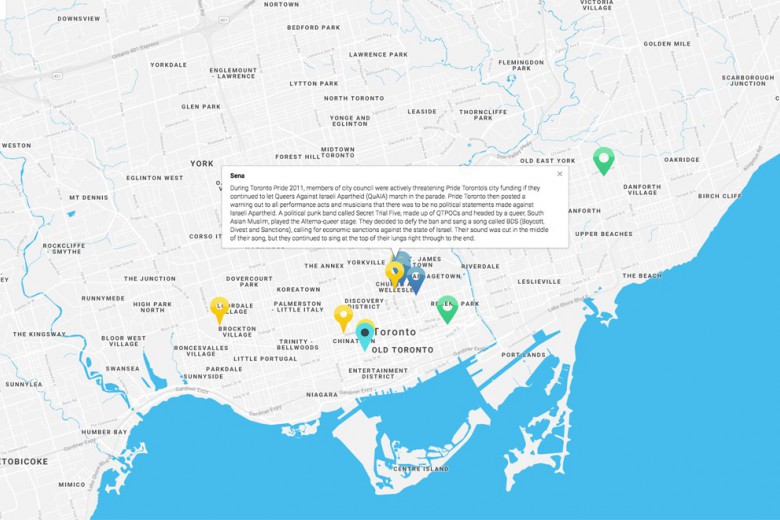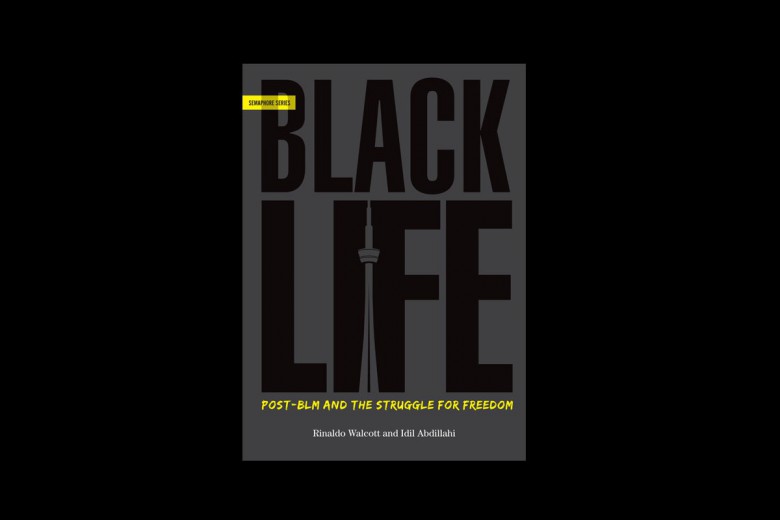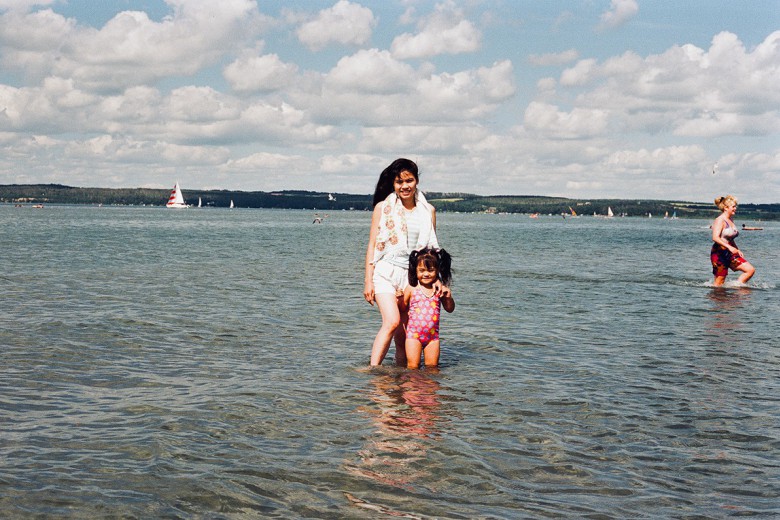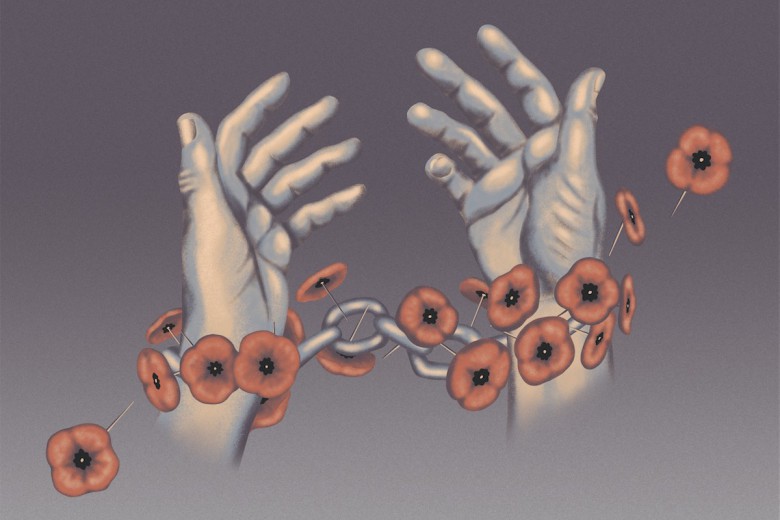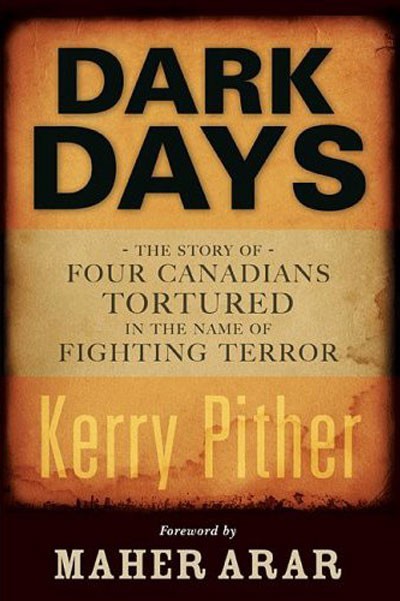
Dark Days: The story of four Canadians tortured in the name of fighting terror
By Kerry Pither
Viking, 2008
Dark Days is about the imprisonment and torture of four innocent Canadians in Syria in the furtherance of the so-called “war on terror” launched by George W. Bush. The four men, all Muslims, are Maher Ahar (361 days in Syrian detention), Abdullah Almalki (more than 22 months in Syria), Ahmad El Maati (two years, two months and two days in Syria and Egypt) and Muayyed Nureddin (34 days in Syria). Not one of them was ever charged with any crime. Not one has ever had any connection to or any sympathy with al-Qaeda or any similar group. All are against terrorism in principle.
The book is based on almost five years of interviews, the findings of the Arar Inquiry report, documents and testimony presented to the Inquiry and other public documents. While Dark Days tells the story of the four men it also does an excellent job of relating their fate to a deteriorating political and human rights climate and demonstrating the culpability of Canadian officials.
In the wake of the 9/11 attacks, anti-Muslim hysteria was whipped up in the United States. This hysteria took the form of the Patriot Act, the harassment and imprisonment of thousands of American Muslims, the imprisonment and torture of people of various nationalities in secret CIA prisons around the world and in Guantanamo, and the “extraordinary rendition” of people to Syria, Egypt and other countries where torture was a regular feature of the penal system.
Canada responded with a lower-profile parallel of what happened in the United States, joining the invasion of Afghanistan and rolling back civil liberties on the domestic front. Those measures were driven by purely economic considerations. As then-Deputy Prime Minister John Manley said on more than one occasion, “we can’t have them build a wall around the United States and us be on the outside of it… . We’ll need to satisfy them.” The result of the need to “satisfy them” was the Canadian Anti-terrorism Act (ATA), which was an all-out assault on civil liberties and totally unnecessary to deal with actual terrorism. The many and diverse critics of the Act were ignored. With the enthusiastic support of the business elite and the Conservatives, the Liberal majority quickly passed the ATA with little debate.
The ATA was buttressed with a Canada-U.S. action plan which, among other things, integrated border and national enforcement teams, “effectively merging the FBI and RCMP, the CIA and CSIS, and American and Canadian border officials, complicating any possibility for effective civilian oversight of their work,” Pither writes.
The legislation was accompanied by a huge budget of $7.7 billion for CSIS, the RCMP, immigration and refugee screening, military spending, airport security and border initiatives. Pither asks the pertinent question and provides the obvious answer: “Did all this spending make Canadians feel safer? That seemed beside the point – the budget, like the ATA, was about making the United States feel better about Canada.”
Pither details how CSIS and the RCMP were only too happy to collaborate with the CIA and the FBI. They began with the type of harassment of the Muslim community that should never be tolerated in a democracy. Maher Arar refers to some of this harassment in the book’s foreword: “Most preferred to keep silent about the harassment they experienced: frequent and invasive visits from CSIS officers to interview them, often at odd times of the day, or unexpected visits at their workplace. These visits would often include the officer’s advice that it would be better not to seek the professional help of a lawyer.”
This generalized harassment, however, was mild compared to the treatment meted out to Arar, El Maati, Almalki and Nureddin once they became “subjects of interest” to CSIS. They were badgered for interviews, followed everywhere night and day and generally hassled until their lives were seriously disrupted. The RCMP were brought into the picture in the hope that they could arrest the “suspects” and prosecute them as “terrorists”, but there was utterly no evidence to support such actions.
Then-RCMP Commissioner Giuliano Zaccardelli and Jack Hooper, formerly of CSIS, informed a Senate Committee that, “particularly since 9/11, we have had to accept going to a disruptive mode” and “at the end of the day if prosecution is not viable, there are other techniques.” The “other techniques” included the harassment mentioned above, as well as supplying false information to the FBI, the CIA, and Canadian and U.S. Customs. For instance, without an iota of evidence, they issued a “border lookout” describing Maher Arar, his wife, Monia Mazigh, and “other individuals” as “a group of Islamic Extremist individuals suspected of being linked to the al-Qaeda terrorist movement.” There would be many more such falsehoods fed to American authorities about Arar, Mazigh and the others by CSIS and the RCMP. When U.S. authorities “rendered” Arar to Syria for torture they made it clear that they were acting on information supplied by the Canadians.
Ahmad El Maati was detained on November 12, 2001; Abdullah Almalki on May 3, 2002; Maher Arar on September 22, 2002; and Muayyed Nureddin on December 11, 2003. All four spent most of their prison time at a notorious prison in Damascus known as Far’Falastin, where they were held in underground cells and tortured and interrogated with information from Canada.
The parts of the book dealing with this imprisonment and torture make for difficult reading and should make any Canadian ashamed that officials of our government were accessories to such barbarity. The cells were more like graves. They were three by six by seven feet with no light, heat or mattress. They were overrun with insects and rats. Prisoners remained constantly in their cells except for a two-minute bathroom break per day and for interrogation sessions often accompanied by torture. They did not see other prisoners and could communicate only by whispers between cells – they were beaten if they were caught doing so. The food was inadequate and often rotten. The torture sessions were frequent and horrendous, and often lasted hours at a time. Whipping with a steel cable was common, especially on the soles of the feet. Being suspended in a tire and whipped on various parts of the body was common. Electric shocks were used. Punching and kicking were common even when prisoners were not being interrogated.
While these horrors were going on in Far’Falastin, CSIS was attempting to get permission from Syrian intelligence to interview Canadian prisoners and, when this was denied, sent intelligence-gathering questions to be asked on their behalf. CSIS and the RCMP also did their best to create the impression with the Syrian authorities that Canada would prefer the four be kept imprisoned in Far’Falastin.
Had Maher Arar not been so fortunate as to be married to Monia Mazigh, he and the others might still be in prison or worse. Monia did not buy into the “quiet diplomacy” argument some Canadian diplomats were then mouthing and began a courageous and sophisticated public campaign to bring Maher Arar back to Canada and establish his innocence. She was soon joined in this campaign by Alex Neve of Amnesty International, Riad Saloojee from the Canadian Council on American-Islamic Relations, Kerry Pither and many others.
Monia Mazigh and her supporters waged a campaign which eventually rallied enough people to force the government to call for the release of the prisoners and their return to Canada. Maher Arar was the first to be released; he and Mazigh then began a campaign to demand a public inquiry which would clear his name and determine what role Canadian officials played in the outrage. It was an uphill battle in which volunteers with few resources were pitted against the resources of the state and a milieu in which much of the media was hostile. The government relied on “leaks” of false information, much of it obtained under torture, to co-operative journalists. The purpose was to destroy Arar’s reputation and make it impossible to get to the bottom of what actually happened.
The vicious campaign backfired, however, and the government eventually bowed to public pressure. In February 2004 they appointed Justice Dennis O’Connor, Associate Chief Justice of Ontario, commissioner of the Arar Inquiry. O’Connor would prove to be an honest and conscientious commissioner who tried to get to the bottom of things despite being blocked at every turn by CSIS, the RCMP and officials from other government agencies. Many of the documents he did obtain were heavily redacted.
Despite the obstacles, O’Connor’s report completely exonerated Maher and was sharply critical of the RCMP, CSIS, elements of the media and the role of some Canadian diplomatic officials in contributing to the outrage. O’Connor recommended that there be a separate inquiry into the cases of El Maati, Almalki, and Nureddin. He also recommended that the government implement a program to better oversee the RCMP, CSIS and other agencies to prevent such abuse in the future.
So far only a few of O’Connor’s recommendations have been implemented. The government accepted that Arar was completely innocent, issued an apology and paid compensation, though no amount of money can restore what they helped destroy. In December 2006, retired Supreme Court Justice Frank Iacobucci was appointed as commissioner of an “Internal Inquiry” to examine the role of Canadian officials in the imprisonment and torture (the government calls it “mistreatment”) of El Maati, Almalki and Nureddin. Unfortunately the word “internal” has governed the workings of the Iacobucci Inquiry on the specious grounds of “national security.” There have been only two days of public hearings and the victims, their lawyers and other interested parties have not even been allowed to see the key documents. The report of the Iacobucci Inquiry may yet prove useful, but in the meantime El Maati, Almalki and Nureddin continue to live broken lives, hoping for redress.
Meanwhile, CSIS, the RCMP and the Canadian government have shown few signs of changing their ways. No action has been taken on O’Connor’s recommendations for improved oversight of security agencies. CSIS and the RCMP are both completely unrepentant and continue in their old ways. Both agencies think they’re above the law and complain bitterly that they should be subjected to any accountability. RCMP Chief Superintendent Ben Soave, crucially involved with this dirty work for the RCMP, has dismissed the scrutiny arising from federal inquiries as “judicial terrorism.” Jack Hooper, former deputy director of CSIS, describes it as “legal jihad.” Pither points out that cases similar to those detailed in her book have come to light more recently. One still unfolding right now is that of Abousfian Abdelrazik, who was detained and tortured in Sudan at the request of CSIS. He has now been cleared by CSIS, the RCMP and the Sudanese authorities but the Harper government continues to obstruct his return to Canada. Presumably they fear what he might have to say.
The final outrage is that the perpetrators of these crimes have not been brought to justice. Those responsible have broken several Canadian and international laws and international conventions signed by Canada. Fortunately, torture is illegal and so are actions aiding and abetting the practice. There are now people in the United States preparing legal cases against members of the former Bush administration for torture. Hopefully some progressive and enterprising lawyers will initiate a similar process in Canada.
All of the author’s proceeds from the sale of Dark Days will go to Amnesty International Canada.


